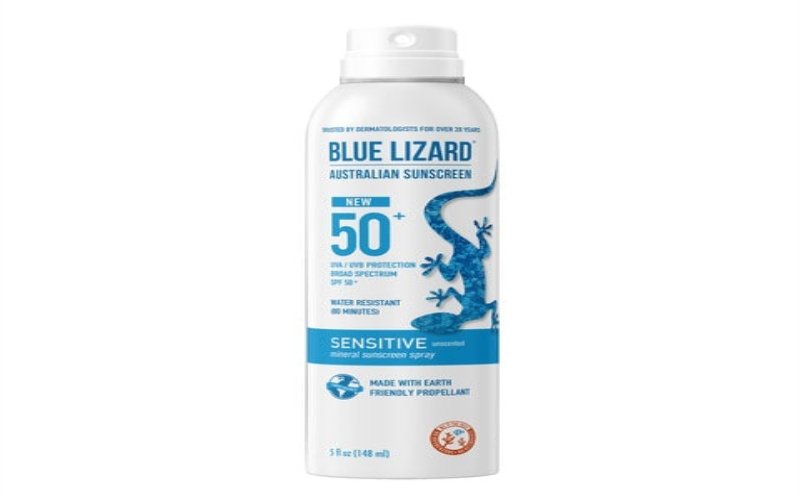Introduction:
Health insurance is an essential financial tool in ensuring adequate healthcare support for you and your family. In addition to providing worry-free medical assistance, paying for health insurance premiums can also help you save taxes. Reducing tax liabilities while securing your health and that of your family is a smart financial move. Thankfully, the Indian government has provisions in place to enable tax savings on health insurance premiums through Section 80D of the Income Tax Act. By understanding the intricacies of this section and implementing effective strategies, you can significantly minimize your tax liability
Understanding Section 80D Deduction
The Income Tax Act, 1961, introduced Section 80D, allowing eligible individuals and Hindu Undivided Families (HUFs) to claim deductions for premiums paid towards availing health insurance policies. These policies can cover:
- Yourself
- Your spouse
- Your children
- Your parents
The goal of the 80D deduction is to promote awareness among taxpayers about the benefits of having health insurance coverage while easing out their tax burden.
Know the Eligibility for 80D Deduction
Before diving deep into the strategies, it’s crucial to understand who can avail of the 80D deduction. Taxpayers who are resident individuals or Hindu Undivided Family (HUF) can claim the deduction under Section 80D for health insurance premiums paid for self, spouse, dependent children, and parents. The deduction amount varies depending on your age and whether you are an individual taxpayer or HUF.
1. Identify Appropriate Health Insurance Policy
A good starting point in maximizing your 80D deduction is to choose a suitable health insurance policy that works best for your needs, providing you with optimal coverage at an affordable premium amount. While selecting a policy, make sure it is compatible with the requirements outlined under Section 80D and thoroughly review policy features such as coverage limits, pre-existing conditions, waiting periods, critical illness coverage, cashless facilities, and more.
2. Keep Tabs on Policy Renewals
Timely renewal of your health insurance policy goes a long way in retaining its benefits throughout your life. By continuing to pay premiums regularly without lapsing the policy, you can enjoy consistent tax savings under Section 80D and maintain the necessary financial cushion against escalating healthcare costs.
3. Deduction Limit Based on Age
The maximum amount of deduction available under Section 80D is Rs. 25,000 for individuals or HUFs who have not yet reached 60 years of age and Rs. 50,000 for those above 60 years. Additionally, if you pay premiums for the health insurance of your parents who are senior citizens, you can claim an deduction of up to Rs. 50,000/- thereby increasing your tax savings.
4. Include Family Members
Expanding the coverage of your health insurance policy to include your spouse and dependent children can increase your 80D deduction amount by spreading the premium payments across multiple family members. Besides providing comprehensive protection for the entire family, it adds to your potential tax savings as well.
5. Invest in a Multi-year Policy
Opting for a multi-year health insurance policy can garner long-term tax benefits and cost savings. By choosing plans that span two or more years, you lock in a lower premium rate and avoid inflationary yearly hikes in premium prices. Ensure that the premium paid towards multi-year policies is evenly distributed across all the years covered under Section 80D.
Section 80D Deduction:
Section 80D allows individuals to claim deductions on health insurance premiums paid for individuals, their families, and their parents. It is vital to comprehend the key elements of this deduction to leverage its benefits fully.
Maximum Deduction Limits:
The deduction limits under Section 80D differ based on the age of the insured individuals and the type of coverage. Below are the maximum deduction limits available:
1. Individual and Family Coverage:
For individuals below the age of 60, the maximum deduction limit is Rs. 25,000 annually. This includes premiums paid for themselves, their spouse, and children.
2. Senior Citizen Coverage:
For senior citizens (age 60 and above), the maximum deduction limit increases to Rs. 50,000 annually. This includes premiums paid for senior citizens, including parents.
3. Additional Deduction for Parents:
If you are below 60 years and also pay premiums for health insurance for your parents, you can claim an additional tax deduction of up to Rs. 25,000/- (Rs. 50,000 if your parents are senior citizens). This is in addition to the deduction available for yourself and your family.
Health Check-up Benefits:
1. Claim Preventive Health Check-ups:
Section 80D provides an additional deduction of up to Rs. 5,000 for preventive health check-ups each year. Make use of this benefit by scheduling regular check-ups as recommended by healthcare professionals.
2. Documenting Expenses:
Maintain proper records of expenses incurred on preventive health check-ups, including bills, receipts, and medical reports. These documents will serve as proof while claiming the deduction.
How to Reduce Tax on Health Insurance Premiums Under Section 80D: Maximizing Your 80D
Deduction
Here are a few strategies to maximize your tax savings under Section 80D:
- Choose the right policy: Selecting a suitable health insurance policy with adequate coverage plays an essential role in optimizing your tax savings. Consider factors such as your age, family history, pre-existing conditions, and lifestyle habits while choosing a policy.
- Cover all eligible family members: The more people you can cover under your health insurance policy, the higher your 80D deduction benefit will be. Ensure that you purchase coverage for yourself, spouse, children, and parents (if applicable).
- Pay premiums through eligible modes: To avail of the 80D deduction, pay the health insurance premium using eligible payment methods, including cheque, demand draft, or electronic mode. Premiums paid in cash do not qualify for deductions under Section 80D.
- Avail separate deductions for senior citizen parents: If your parents are above 60 years of age, you can claim an additional deduction for premium payments made for their health insurance policies.
Conclusion
The journey to reduce tax on health insurance premiums under Section 80D is not just a fiscal exercise; it is a strategic investment in both financial security and well-being. As we navigate the intricate landscape of tax-saving mechanisms, Section 80D stands as a beacon, offering individuals a tangible way to safeguard their health while concurrently lightening the burden on their wallets.
The tips and inputs provided in this guide serve as a roadmap for optimizing tax benefits. From understanding the permissible deductions and eligibility criteria to exploring family coverage options, each aspect contributes to a holistic approach in managing both health and finances.



